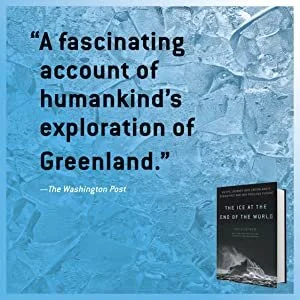Highlights - Kent Redford - Co-author, ”Strange Natures: Conservation in the Era of Synthetic Biology”
/Co-author of Strange Natures: Conservation in the Era of Synthetic Biology
Principal at Archipelago Consulting · Former VP for Conservation Science & Strategy, Wildlife Conservation Society
The field of synthetic biology, which is known by some as extreme genetic engineering – that's a name mostly used by people who don't like it. It amounts to a set of tools that humans have developed to be able to very precisely and accurately change the genetic code, the DNA of living organisms in order to get those organisms to do things that humans want. So the applications in medicine are predominantly devoted to trying to make us healthier people, and they range from some really exciting work on tumor biology to work on the microbiome, which is all of the thousands and tens of thousands of species that live on our lips, our mouths, our guts, our skin. And in agriculture, it's primarily directed at crop genetics, trying to improve the productivity of crops, the nutritional value of crops, the ability of crops to respond to climate change, and a whole variety of other things. Some people may have heard of one of these tools called CRISPR used to very precisely alter the sequences of DNA.





















